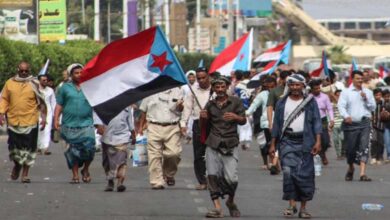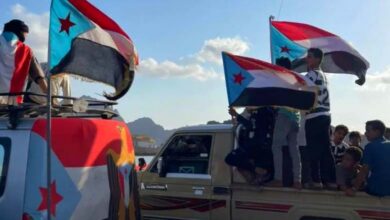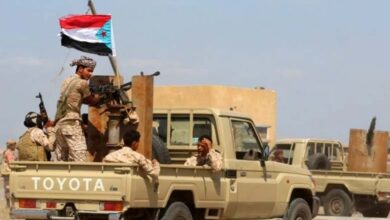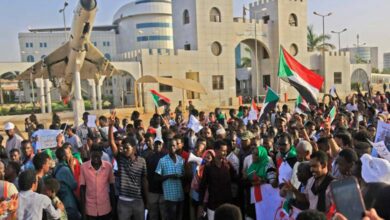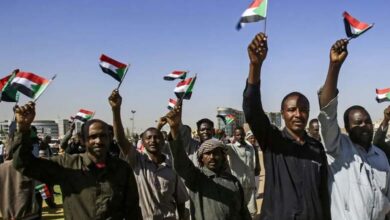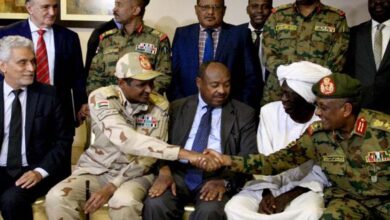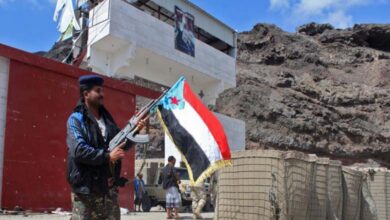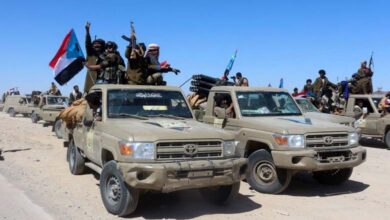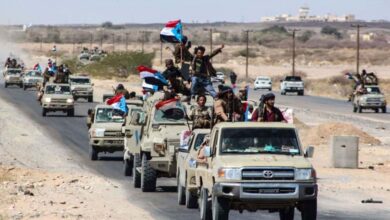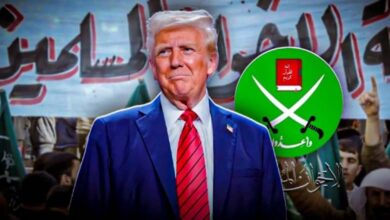Sudanese-Iranian Agreement ensures Iranian Military Support for al-Burhan, and Tehran’s Access to the Red Sea
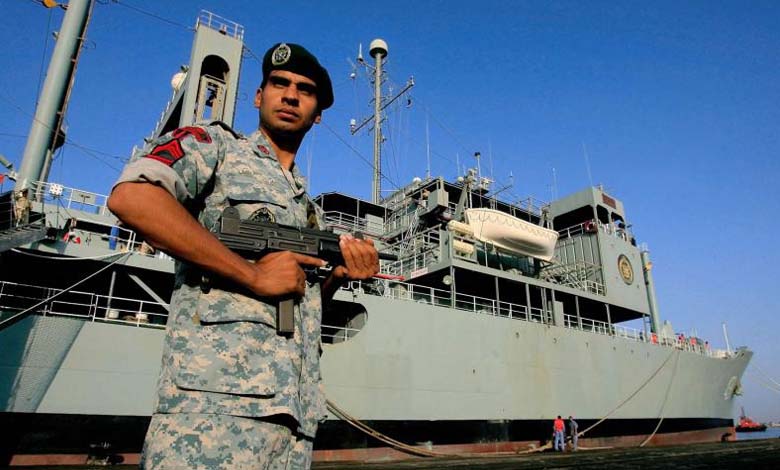
Sudanese Foreign Minister Ali Al-Sadiq announced that his country’s relations with Iran are not directed against any nation, regional or international regime, in an attempt to justify the recent rapprochement with Tehran, which has become apparent and coincided with Western media reports claiming that the Iranian regime has armed the Sudanese army, engaged in fierce combat with the Rapid Support Forces.
According to the official Sudanese news agency (SUNA), during a meeting with accredited and resident ambassadors in Sudan in Port Sudan (east), the temporary seat of the government, Al-Sadiq addressed the latest developments in the country.
Al-Sadiq said, “I explained to the ambassadors that the resumption of relations between the two countries (Sudan and Iran) is natural and does not raise any questions, as relations were severed and have been restored, which is normal in diplomatic relations.”
He also emphasized that “Sudan’s relations with Iran are not aimed at any nation or group of nations, nor at any existing regional or international regime in the region.”
Al-Sadiq explained that the relations between the two countries are “a normal and ordinary thing in relations between states, and a resumption of previous long-term cooperation in economic, development, and investment areas between the two countries.”
Observers believe that the justifications presented by the Sudanese minister confirm that the resumption of relations at this particular time is primarily aimed at confronting the Rapid Support Forces, especially as Western media reports indicate that Tehran has provided weapons to the Sudanese army in its war against the Rapid Support Forces, sparking discussions about Iran’s expanding influence in Africa.
These observers indicate that the statements of the foreign minister are not enough to allay the fears of some Gulf countries and the United States, as Iran seeks a foothold in the Red Sea and to penetrate the Horn of Africa from Sudan.
Strategically, Iran’s interest in obtaining a foothold on the shores of the Red Sea will enhance its influence in the region, given its allies such as the Houthi group in Yemen, also located on the Red Sea.
Sudan also represents an important element for Iran, as it serves as a gateway to East Africa and the African coast, helping Tehran to strengthen its influence in the region, thus raising concerns among some Gulf countries and Egypt, amidst the American-Russian-Chinese competition in the region.
On the other hand, the Sudanese army needs Iranian military support, with Iranian drones providing an edge over the Rapid Support Forces, while al-Burhan‘s government seeks, through the resumption of relations, to seek international legitimacy after overthrowing the civilian government led by former Prime Minister Abdullah Hamdok.
The latest manifestation of rapprochement between Iran and Sudan occurred after Tehran received the Sudanese Foreign Minister on February 5th, who made his first visit to the country after an eight-year hiatus, and on that occasion, his Iranian counterpart, Hussein Amir Abdullahian, confirmed the reopening of the Iranian and Sudanese embassies and the resumption of diplomatic functions of the ambassadors of the two countries, as part of efforts to expand bilateral relations.
In January 2016, during the rule of former Sudanese President Omar al-Bashir (1989-2019), Sudan severed its diplomatic ties with Iran in response to protesters storming the Saudi embassy in Tehran and its consulate in Mechhed, after Riyadh executed the Saudi Shia cleric Nimr al-Nimr, along with other convicts, on terrorism charges.
According to the Sudanese Foreign Minister, as reported by the same source, he “provided ambassadors with information and detailed explanations about the security and military situations in the capital cities (Khartoum, Omdurman, and Bahri).”
He affirmed that the Sudanese army “makes steady progress every day in Khartoum, tightening the noose on the militia (referring to the Rapid Support Forces).”
Since mid-April 2023, the Sudanese army led by General Abdul Fattah al-Burhan and the Rapid Support Forces led by General Mohamed Hamdan Dagalo “Hemeti” have been engaged in a war that has left more than 13,000 dead and over 7 million displaced and refugees, according to the United Nations.
Last January, the American agency Bloomberg, citing three Western officials who requested anonymity, reported that “Sudan received shipments of Mohajer-6 drones, a single-engine unmanned aerial vehicle manufactured in Iran by the Qods Aviation Industries Company, carrying precision-guided munitions.”
Alan Boswell, Project Director for the Horn of Africa at the International Crisis Group, stated that Iran providing drones and other material support to the Sudanese army “is widely acceptable in the diplomatic community.”
He added in statements to Bloomberg that “regaining an ally in Sudan, especially along the Red Sea, would be a significant win for Iran, but it would raise concerns for other regional and Western powers.”
According to Bloomberg, Sudan’s military armament could enhance Iran’s military influence in the Middle East, where it already supports armed groups ranging from Hamas in Gaza to Hezbollah in Lebanon and the Houthis in Yemen, in addition to its growing drone program.


